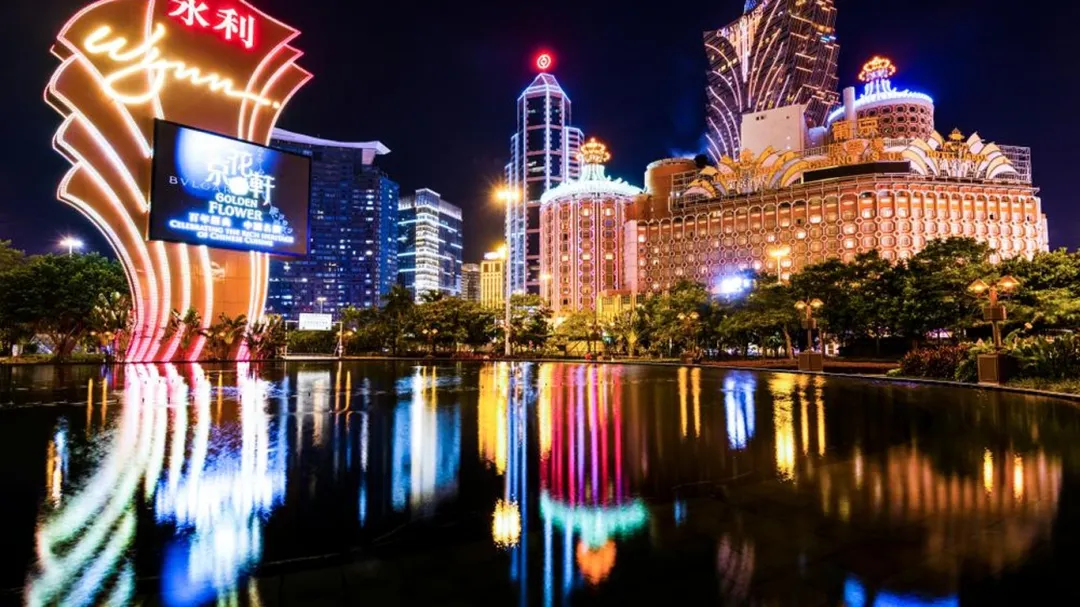Is Planned Economy Limiting Macau’s Gaming Giant?

In Macau, the world-renowned gambling hub, Zeng Zhonglu, chairman of the Asia Pacific Association for Gambling Studies, recently issued a strategic caution to both authorities and casino operators. His call emphasized the urgent need to prioritize and better manage gaming assets to maintain Macau’s competitive advantage amid intensifying regional competition.
Zeng pointed out that Macau’s economic model, grounded in a tightly planned economy, may present inherent limitations in responding swiftly to the dynamic demands of the global gaming market. This economic structure potentially constrains innovation and agility, factors crucial to securing market leadership in the fiercely competitive Asian gaming sector.
Highlighting fresh incursions by emerging gaming destinations, Zeng warned that Macau risks losing its top status unless it adopts a more adaptive approach. Experts note that balancing government oversight with market-driven strategies could be essential to overcoming challenges posed by increasing competition and economic rigidity.
As the region undergoes economic restructuring and gaming markets expand, Zeng’s views ignite debate on how planned economies must evolve. The future of Macau’s gaming supremacy likely hinges on its ability to reconcile centralized control with the flexibility demanded by a globalized industry.


